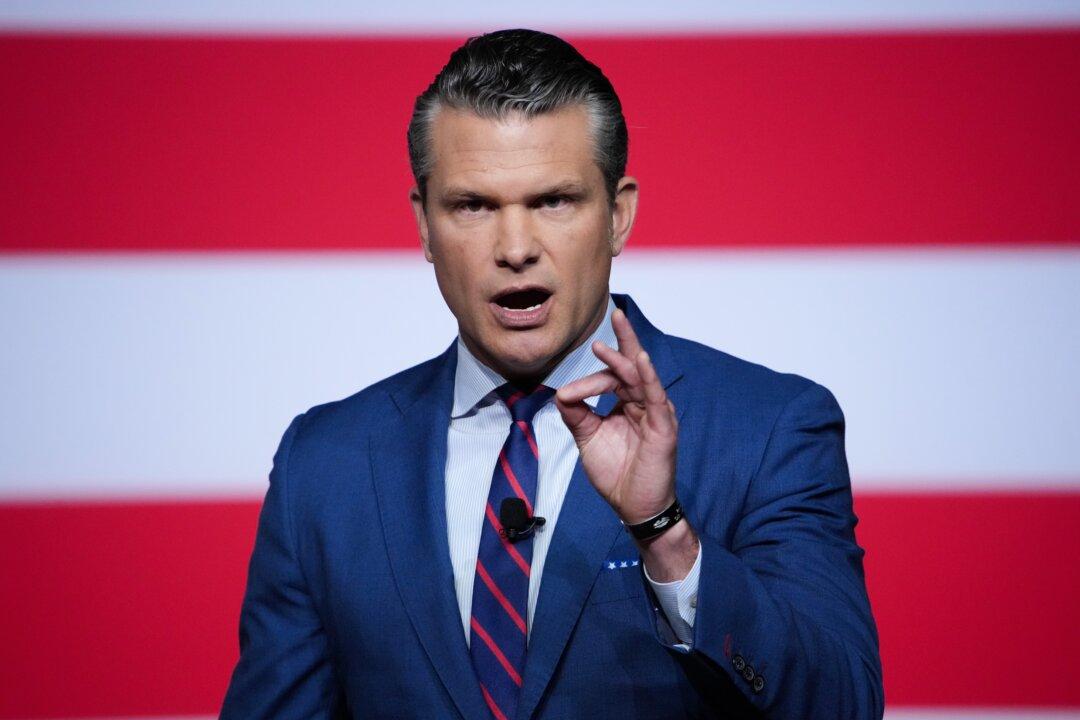As President Barack Obama embarks on an historic visit to Alaska to address the state’s battle with global warming, the pangs of his recent decision to permit Royal Dutch Shell to begin drilling for oil and gas in untouched Arctic waters off Alaska’s northwest coast looms overhead.
Just two weeks ago, the Interior Department issued a permit to Shell for drilling an exploratory well into Arctic Ocean oil-bearing zones, an extension of the oil conglomerate’s previous permit issued in July, which only allowed drilling at the top of such zones. Shell was prohibited from drilling a well until it obtained the appropriate emergency response vessel, which it has now brought to the region.





